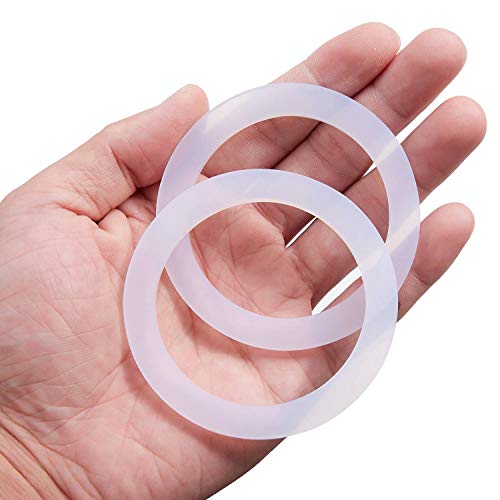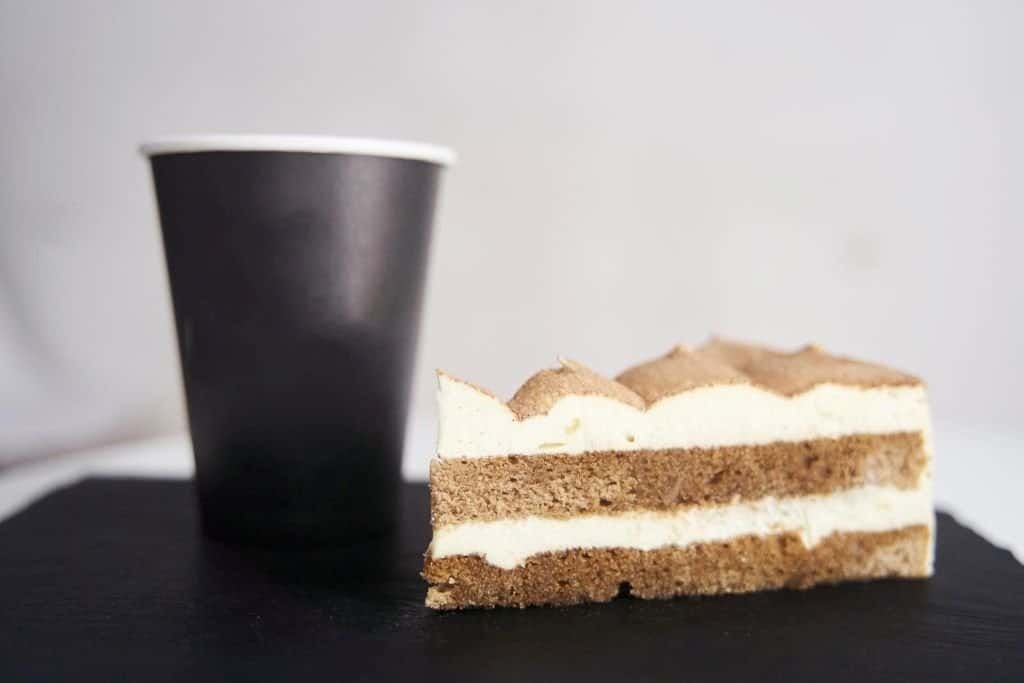If you’re a fan of brewing coffee with a Moka Pot, you might have encountered the issue of bitterness in your cup of coffee. The iconic Moka Pot is known for producing strong, concentrated coffee, but the brewing process can result in a more bitter taste than other methods like pour-over or French press.
The good news is that by understanding the reasons behind this bitterness and making some simple adjustments, you can enjoy a delicious and well-balanced cup.
To address these challenges and achieve a better-tasting Moka Pot coffee, it’s essential to pay attention to the coffee beans you’re using, the grind size, as well as managing the brewing process carefully.
In the following sections, you’ll find practical tips and advice to help you make those adjustments and enjoy the perfect cup of Moka Pot coffee every time. Happy brewing!
The Moka Pot: A Brief Overview
The Moka pot is a stovetop coffee brewing device that originated in Italy in the 1930s. It is a simple yet ingenious mechanism, comprising of three main parts: the boiling chamber for water, the central filtering basket for coffee grounds, and the top chamber with a tube that sends up the concentrated coffee extract into the main pot.
This popular brewing device is primarily made of aluminum, which helps to conduct and retain heat during the brewing process. The Moka pot uses pressure, much like the Aeropress, to push boiling water through coffee grounds and extract the coffee flavors. The result is a strong, rich, and aromatic cup of coffee.
While Moka pots are known for their distinct flavor, they also have a reputation for sometimes producing bitter coffee. This bitterness can be attributed to a few factors, such as the type of coffee used, the grind size, temperature, and coffee-to-water ratio. By understanding these factors and adjusting them, you can achieve a less bitter and more enjoyable Moka pot coffee experience.
Causes of Bitter Coffee in Moka Pots
Grind Size
One factor that contributes to bitterness in Moka Pot coffee is the grind size. When the coffee is ground too fine, it may lead to over-extraction, which results in a bitter taste. To minimize bitterness, use a slightly coarser grind for your coffee beans, which allows for a more balanced extraction.
Coffee Bean Quality
Coffee bean quality is another element that impacts the flavor of Moka Pot coffee. Using stale or low-quality beans can result in a bitter-tasting brew. To ensure a better taste, invest in fresh, high-quality beans and store them properly in an airtight container to maintain freshness.

Heat Source and Temperature
Bitterness in Moka Pot coffee can also be due to the temperature of the heat source. If the temperature is too high, it increases the risk of burning the coffee grounds and can lead to a bitter taste. Use a medium heat setting when brewing, and monitor the stove carefully to prevent overheating and bitterness.
Brewing Time
The brewing time in a Moka Pot can affect the bitterness of your coffee. If the brewing process is too fast, it can result in an under-extracted, sour coffee. On the other hand, if it takes too long, the coffee will be over-extracted and bitter. Experiment with brewing times to find the optimal balance for your taste preferences, and monitor the process closely to avoid over or under-extraction.
Cleaning and Maintenance of Moka Pots
Keeping a Moka pot clean and well-maintained is essential to prevent bitterness in your coffee. Built-up residue and old coffee grounds can contribute to a bitter taste. Here are some steps to ensure your Moka pot remains in top condition.
Start by disassembling the Moka pot, separating the boiler, funnel, rubber gasket, and filter. Rinse these parts with warm water to remove any loose coffee grounds and residue. Avoid using harsh soap or detergents, as they can leave behind unwanted flavors.
Dedicate time for a thorough cleaning every few weeks. Soak the Moka pot components in a mix of water, one tablespoon of vinegar, and one tablespoon of lemon juice for roughly three hours. This will help break down any stubborn buildup and stains.
After the soak, gently scrub the parts with a soft sponge or cloth and rinse them thoroughly with warm water. Be cautious not to damage the rubber gasket during cleaning, as it’s vital for creating a proper seal during brewing.
Occasionally, the Moka pot may require replacement parts, such as a worn rubber gasket or a clogged filter. Inspect the components regularly for any signs of wear or damage. Replacing these parts when needed will ensure your Moka pot functions optimally and produces consistently delicious coffee.
Lastly, remember to store your disassembled Moka pot in a dry, cool place. Storing the pot assembled while damp can lead to mold or unwanted odors, which can result in bitter-tasting coffee. Keeping the surfaces dry will also extend the lifespan of the rubber gasket and other components.
- ★ Material: Food Grade Silicone. Soft silicone constructed better sealing,safe and not deformed,will not crack, or leak.
- ★ Suitable For Bialetti (only) Cafe Moka Express Dama 6 Cups. Also fit for: Venus, Musa, Kitty 6 Cups.Please remove the original gasket and measure the size before purchasing. If the size…
- ★ Litorange Silicone can be used across a wide temperature range from -65 degrees F (-54 degrees C) to 450 degrees F (230 degrees C).
Troubleshooting Common Moka Pot Issues
When using a Moka pot, there are several common issues that might result in a bitter taste. We’ve listed these issues and provided easy solutions to improve your Moka pot coffee experience:
- Type of coffee used: The coffee bean variety and roast level can lead to bitterness. Consider using a slightly lighter roast with a lower level of naturally occurring bitterness.
- Grind size: Moka pots need a medium-fine grind, similar to table salt. A grind size that is too fine could cause over-extraction, resulting in bitter flavors.
- Coffee-to-water ratio: Ensure that you have the correct coffee-to-water ratio. Too much coffee or too little water can lead to a strong and bitter taste.
- Excessive heat: Using high heat for brewing can cause bitterness due to over-extraction. Try brewing with lower heat, ensuring that it’s not too aggressive.
- Preheating the Moka pot: Always preheat your Moka pot before adding coffee grounds and water. This will result in proper heating and a better extraction process.
- Cleaning: A dirty Moka Pot can negatively impact the taste of the coffee. Make sure to clean it thoroughly after each use to prevent any buildup that could add bitterness.
If you’re still experiencing issues with your Moka pot despite addressing these common problems, it might be time to inspect your equipment. Moka pot components, such as the rubber gasket, filter screen, or internal funnel, could be worn or clogged, affecting the brewing process. Replacing faulty components may solve the issue and create a more enjoyable cup of coffee.
Conclusion
In conclusion, achieving the perfect Moka pot coffee may take some practice and experimentation. The bitterness often experienced by coffee lovers can be attributed to a variety of factors, such as:
- Low-quality or stale coffee grounds
- Over brewing
- Water temperature
- Type of coffee used
- Incorrect coffee-to-water ratio
- Incorrect grind size
- Excessive heat
- Dirty equipment
By paying attention to these aspects and making necessary adjustments, one can significantly improve the taste of their Moka pot coffee and minimize the bitterness. Maintaining cleanliness and properly storing the Moka pot are also essential for preserving the best flavor.
With patience and practice, it is possible to brew delicious Moka pot coffee that rivals other brewing methods in taste and aroma. Embrace the art and science of Moka pot brewing, and savor each cup as a reward for your efforts.





